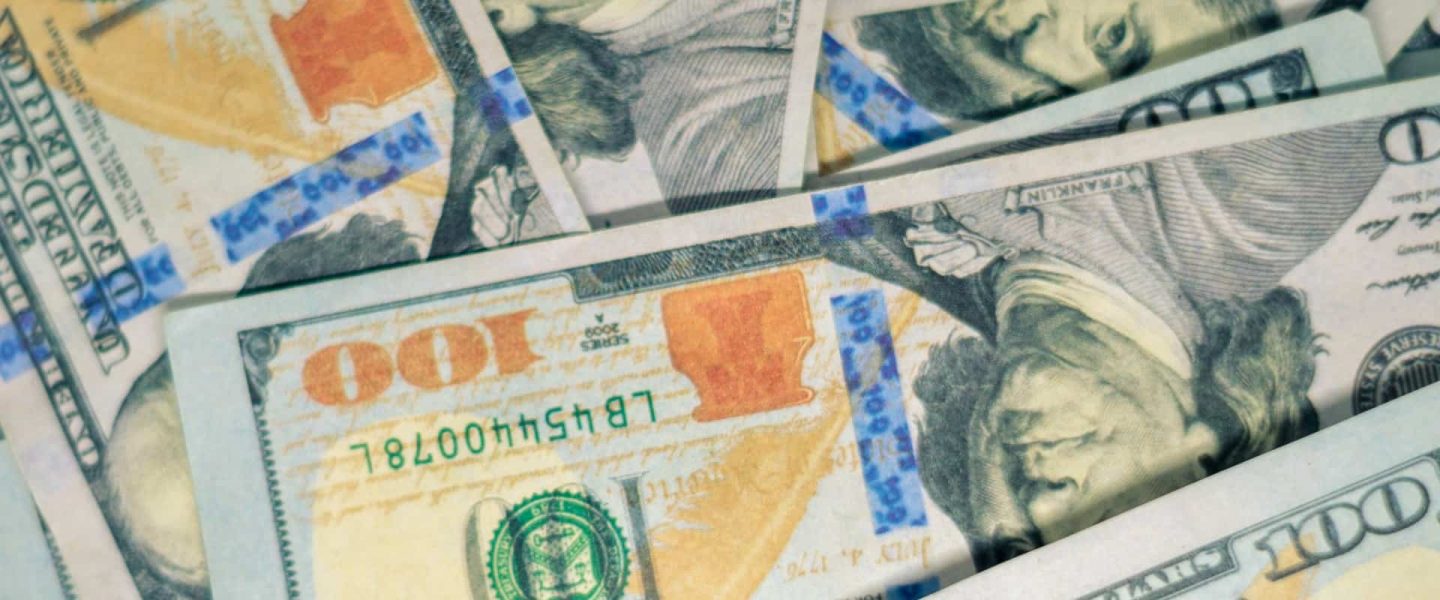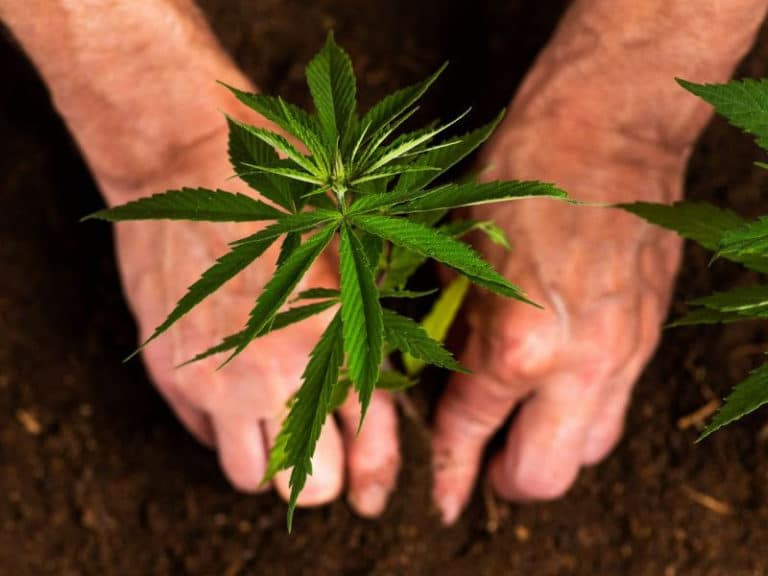In 2020, Michiganders bought projection-shattering amounts of marijuana. Now, local municipalities are starting to see their piece of the profits.
Where Does Michigan’s Marijuana Tax Money Go?
With state cannabis sales coming close to $1 billion in 2020, and recreational marijuana accounting for a significant percentage of that total, it’s clear that Michigan residents have a strong interest in the marijuana market. Add a 10% excise fee and 6% sales tax on adult-use cannabis products, and it seems that the state of Michigan has quite a strong interest too.
Last year, $31 million was collected from the 10% excise tax, and over $14 million was collected from various licensing fees associated with the market — combining to a total of $45.7 million for distribution.
As stated in the Michigan Regulation and Taxation of Marijuana Act, Michigan’s Marijuana Regulation Fund is distributed in a few different directions. 15% of revenues are given to municipalities, 15% to counties, 35% to the School Aid Fund, and Michigan Transportation Fund. With Michigan’s total 2020 tax revenue, the distribution of recreational marijuana funds looks like this:
- Municipalities and Counties: $9.8 million
- School Aid Fund for K-12 Education: $11.6 million
- Michigan Transportation Fund: $11.6 million
- Start-Up/Administrative Costs: $12.5 million
The near-$10 million allotted for local municipalities and counties is being distributed across more than 100 communities — including 38 cities, 7 villages, 21 townships, and 38 counties throughout Michigan. And those numbers are sure to grow in the coming years, as Michigan’s funds aren’t distributed equally or randomly. Payment from the Marijuana Regulation Fund is purely dependent on the local municipalities’ participation in the state’s marijuana market.
Andrew Brisbo, the Executive Director of the Marijuana Regulatory Agency (MRA), explained that the MRA, “did a tremendous job getting the adult-use licensing program established and operating efficiently. Infusing over $28,000 per retailer and microbusiness into local government budgets across the state is very impactful and shows how strong and successful the industry is becoming.”
According to Michigan state law, each eligible county and municipality is paid about $28k for every licensed store or microbusiness that resides in the community. And for cities that are embracing this new age of cannabis, marijuana is revitalizing pandemic-stricken economies.
Marijuana’s Economic Impact on Michigan Communities
Lansing, Michigan’s ten licensed marijuana facilities earned the city a whopping $280,000, and Mayor Andy Schor believes they did so without compromising what makes his city great. The mayor commented, “we’re not the wild west of marijuana; we’ve got a limited number that are doing it in the right way that are presentable and are working with our neighborhoods to make sure things are done right.”
In Mayor Schor’s mind, the addition of local marijuana vendors has reinvigorated Lansing in more ways than $280k check.
“Lansing’s licensed cannabis entities have returned previously vacant buildings and storefronts to the tax rolls and have now provided almost $300,000 to help fill the hole left in the budget by the pandemic,” exclaimed the mayor.
In addition to filling vacant storefronts, Michigan’s marijuana market has brought thousands of retail, transportation, and cultivation jobs to the state. Lansing Clerk Chris Swope explained, “these licensees have invested more than $85 million in purchasing and improving property in Lansing. They have also employed more than 2,400 workers and agreed to pay a living wage of $16 or more an hour, along with a benefit package which includes health care and retirement savings.”
The success stories continue across many areas of the state, with Washtenaw County collecting the largest amount of money from the 10% excise tax: more than $616,000 for its 22 dispensaries. Ann Arbor comes in second place with $476k for its 17 dispensaries, and Bay county rounds out the top three with an appropriate $420,000.
Despite the impressive checks many Michigan counties earned with their 2020 marijuana sales, it’s just the beginning for the state’s cannabis market. Currently, only about 100 of Michigan’s 1,764 municipalities/counties allow the sale of recreational marijuana — with Detroit just recently beginning to accept applications in January of 2021. In short, there’s a lot of room for growth in Michigan’s adult-use market.
In the 2020-21 fiscal budget, the Senate Fiscal Agency projected that recreational marijuana would rake in over $150 million in excise and sales taxes. Experts expect that number to reach $262 million by 2022-23.
Additional Resources:
At The Weed Blog, we strive to produce the latest online news resources regarding marijuana. We also review various strains of cannabis or other edible counterparts. We are committed to helping you find valuable information about marijuana on our website. With marijuana laws constantly changing, learn from us what you can do to promote activism in your area. Otherwise, consider these other top-tier articles regarding cannabis:
1 in 3 Americans Now Live in a State Where Recreational Marijuana is Legal








